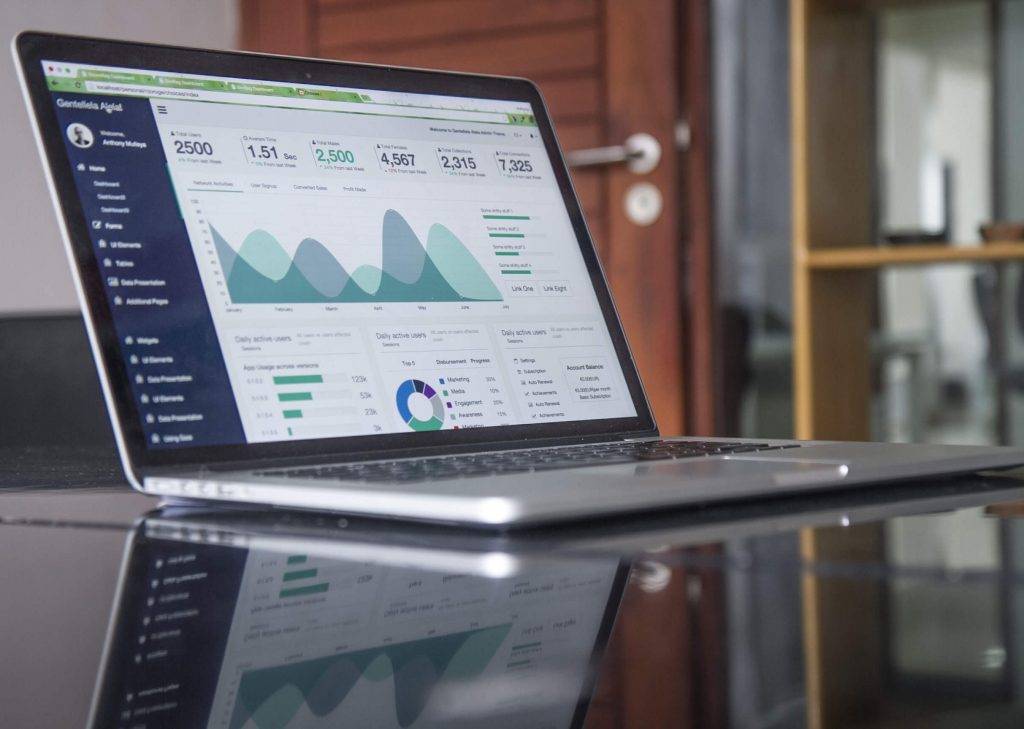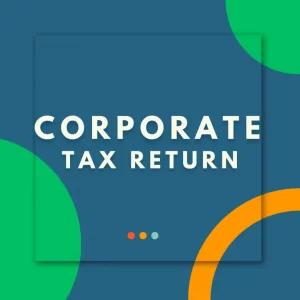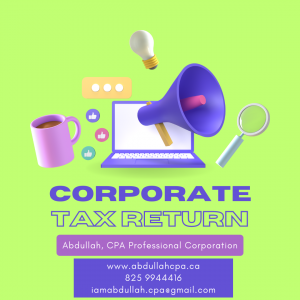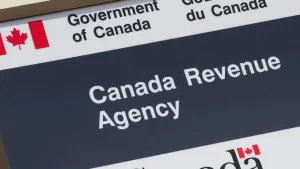You have finished your medical degree – congratulations are definitely in order! This is indeed a monumental achievement, and one of the great aspects of achieving this degree is the prospect that now you are going to begin medical residency. In order to help medical residents with their tax returns and make the season as easy and hassle-free as we can, we have curated this article to provide insight into the tax credits and deductions available to medical residents and fellows. View our annual Tax Tips for Medical Residents and Fellows Newsletter containing a roundup of tax-saving tips to help you get started on your 2021 tax filing.
From March 1, 2023, to March 31, 2023, PGY1 and PGY2 medical residents can get their tax returns prepared for only $249.99 (the regular price is $299.99). The Medical Resident Tax Package includes:
- an easy to complete checklist to maximize your tax deductions and credits,
- preparation of your T1 income tax return,
- on-going support to answer all of your questions throughout the year, and more.
Tally Out-of-Town Travel Costs
Medical residents may have to travel briefly or be away from their homes to engage in medical conferences, take an active part in a meeting, or other job requirements under the Rural Ontario Medical Program (ROMP). These expenses associated with your medical residency can normally be deducted. The phrase “away from home” generally means that you travel overnight, or you are away long enough to require sleep or rest. You can deduct costs including meals, lodging, and vehicle expenses.
Deduct Job-related Moving Expenses
If you have moved to begin residency or to start to practice after residency and your new home is at least 40 kilometers closer to the new place of work, you can deduct the cost of the moving for you and your family. The deductible moving expenses may include the cost of transportation, accommodation, meals, packing and shipping your belongings, as well as lease cancellation fees, temporary living expenses, fees for connecting and disconnecting utilities, and costs to buy and sell your home.
Home Office Expenses (Due to COVID19)
As a result of COVID-19 many activities that do not require in-person treatment are being conducted remotely by telephone or videoconference. If you worked from home more than 50% of the time over a period of a least four consecutive weeks in 2021 due to COVID-19 you will be eligible to claim the home office expenses deduction for 2021. There are two options – Temporary flat rate method (new method) and Detailed method (existing method). The maximum amount employees may claim the flat rate method has been increased to $500 based on a maximum of 250 working days.
Union Professional and Like Dues
Professional societies’ expenses are deductible given that the amounts are required to hold a registered professional status. Annual fees charged related to malpractice insurance are also a deductible expense as well, as long as the legislation recognizes the insurance policies. As a medical resident or fellow you can deduct dues to professional societies including the CMA, OMA, CMPA, CPSO, as well as union dues to PARO. You can also deduct the cost of subscriptions to professional journals and trade magazines and fees for obtaining and renewing medical licenses.
Contribute to a TFSA (Rather Than an RRSP)
When investing during medical residency, a TFSA is a great option since your income is expected to increase when you start to practice post-residency. The TFSA limit for 2021 is $6,000. You can also make additional catch-up contributions where you did not contribute the maximum amount in the previous year. If you never contributed to a TFSA the maximum you could contribute in 2022 would be $81,500.
Deduct Your Job Expenses
You can deduct supplies and tools used directly in your employment including, scrubs and lab attire, office supplies, medical supplies, and medical tools (i.e. stethoscope).
Form T2200 – Conditions of Employment
As a medical resident looking to deduct your work expenses with require Form T2200. You can obtain this from your post-graduate medical portal, payroll office, or supervisor.
Take Advantage of Other Professional Deductions
Other deductions you can take advantage of include credit for charitable donations, tuition costs, child care costs, mortgage, property tax credit, student loan interest loans, fees, and home buyers’ first-time tax credit.
Please get in contact with us at iamabdullah.cpa@gmail.com for further details. Abdullah, CPA, is the founder of Abdullah CPA Tax Physician Services in Ontario.
Tax Filling for Medical Physicians
Accountant for Medical Physicians
CPA for Physicians






